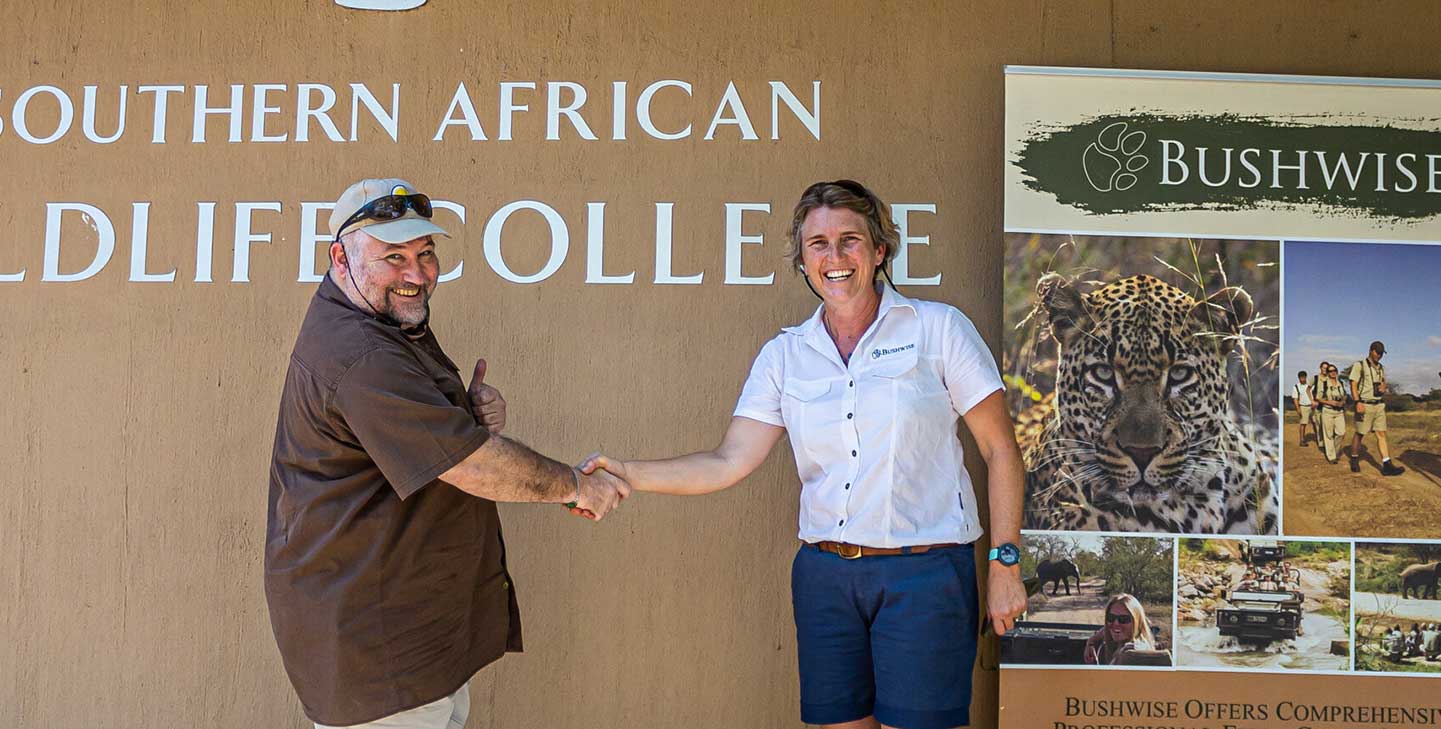Endorsements
Endorsements
“We choose GVI to help us run our volunteer program due to their field structure and excellent reputation.”
“GVI’s research and conservation has been of great benefit in raising awareness and providing data towards the conservation of marine mammals in Kenya. By providing WWF Kenya marine programme staff with training and scientific advice we have been able to get a head-start in our current efforts.”
“GVI and Coastal Jaguar Conservation have joined efforts with the ‘Wild Cat Genetic Program’ of Panthera to gain a better understanding of the jaguar population in Tortuguero National Park, Costa Rica. Since 2012 jaguar scats have primarily been collected, but recent advances in genetic analysis techniques have allowed us to diversify into the collection of saliva samples from the carcasses of marine turtles predated by the jaguar as well. This information will be essential for future management plans, and to secure the conservation of this emblematic species throughout its geographic range.”
“Since 2012 ‘Coastal Jaguar Conservation’ has been working in partnership with GVI at their ‘Jalova Biological Research Station’ in Tortuguero National Park, Costa Rica. This collaboration aims to monitor the jaguar (Panthera onca), other wild felids and their prey species populations in an effort to support future management plans for the area. Some of the main aims of the project are to assess jaguar population trends in the coastal habitat of the Park, study the predator-prey interaction between jaguars and the four species of marine turtles (Chelonia mydas, Dermochelys coriacea, Eretmochelys imbricata and Caretta caretta) that nest in Tortuguero beach, as well as to describe the social and feeding behaviour of jaguars as a result of this interaction.
The partnership with GVI has been of great benefit to the project, and collaboration efforts such as this one are essential in supporting conservation efforts in the area, with each partner bringing their own unique strengths and resources to the project.”






